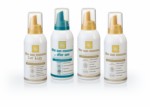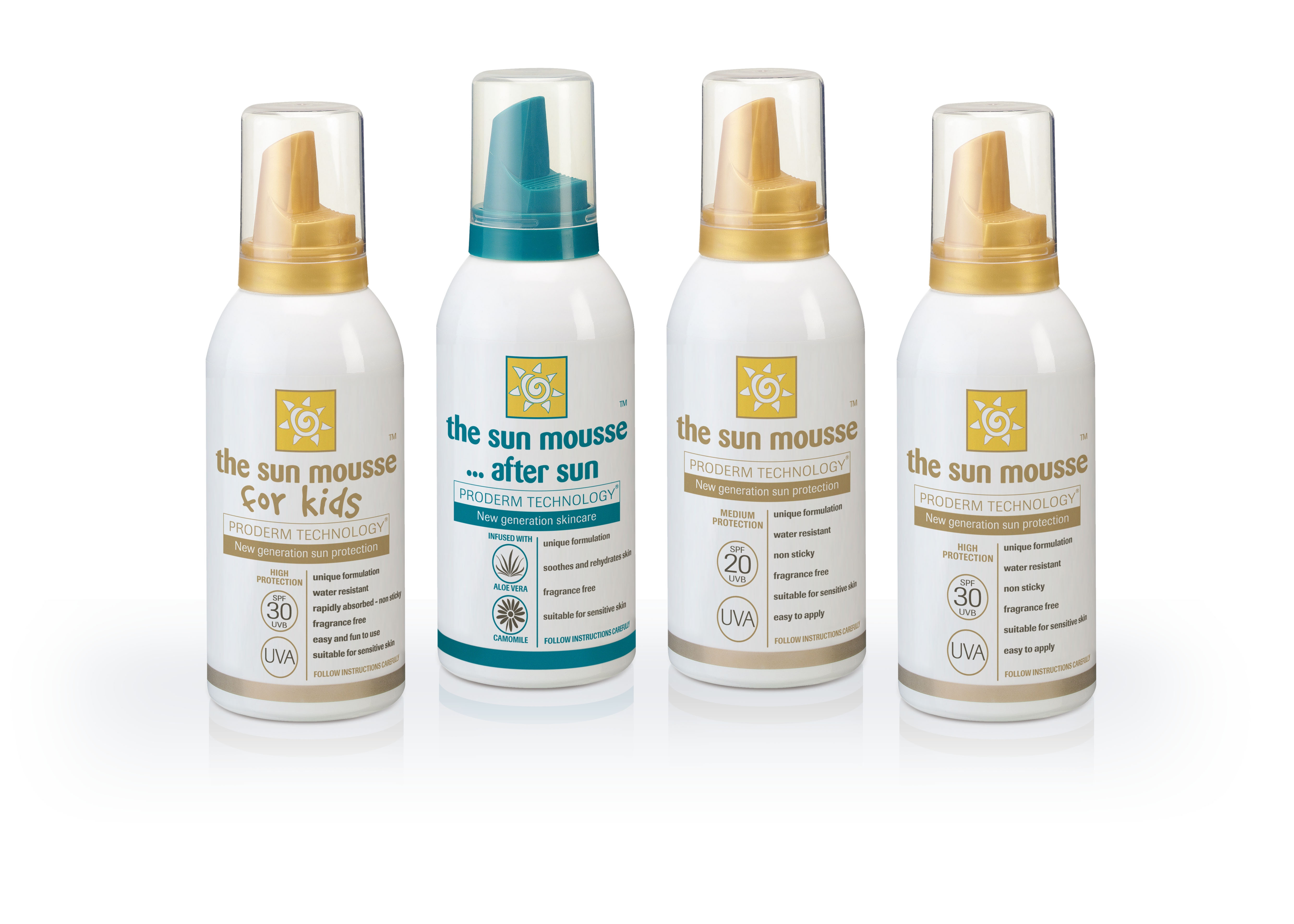
Eighties retro-style sunglasses may be the trendy choice this summer, with everyone from Amy Winehouse to Sienna Miller favouring them but experts are warning fashion-conscious Brits to focus on looking after their eyes when it comes to buying a new pair of shades.
Research reveals that almost 80 per cent of under-25s put fashion and price BEFORE safety standards when choosing sunglasses.
And with some sunglasses on sale across the UK offering little or no protection from harmful UV rays, The College of Optometrists is warning of the dangers as people prepare for summer holidays.
Sunlight can damage the retina and lens of the eye, increasing the long-term risk of developing conditions such as cataracts and possibly AMD (Age-related Macular Degeneration).
Dr Susan Blakeney, optometric adviser at The College of Optometrists, says: With increasing awareness of the risk of skin cancer, most of us wouldnt dream of going outside on a sunny day without suncream protection. Yet many forget or are even unaware of just how delicate the eyes can be, and will be going on summer holidays with totally unprotected eyes, or with sunglasses that are not up to scratch.
The research also reveals:
– The 66 and over age group is the only one to focus on protection over anything else when buying sunglasses
although theyre also the least likely group to have a pair
– Overall, the majority of Brits (62.6 per cent) are more influenced by how sunglasses look and how much they cost than whether they actually protect eyes
– Around one in seven of us (14 per cent) never wear sunglasses at all
Dr Blakeney adds: It is particularly worrying that younger people have so little regard for their eyes when up to 80 per cent of exposure to UK over a persons lifetime occurs before the age of 18. Its therefore especially important to make sure that children wear sunglasses so that any long-term damage is minimised.
Summer is just around the corner, so its time to protect your eyes by making sure that youve got a good quality pair of sunglasses to wear.
The College of Optometrists offers the following advice on what to look for when making a purchase and how best to protect your eyes this summer:
Buy good quality, dark sunglasses – Sunlight can damage the retina and the lens of the eye, and we risk causing long term damage to our eyesight, developing conditions such as cataracts and possibly AMD (Age-related Macular Degeneration) by remaining unprotected.
Check they are up to standard – Good sunglasses dont need to be expensive: you can purchase perfectly adequate protective sunglasses from high street stores. Look out for glasses carrying the “CE” Mark and British Standard BS EN 1836:1997, which ensures that the sunglasses offer a safe level of UV protection.
Dont forget your kids The World Health Organisation estimates that up to 80 per cent of a person’s lifetime exposure to UV is received before the age of 18.* Whats good for you is good for them, too.
Theyre not just for summer though – The suns UV rays can be present in high enough levels to warrant protection throughout the year (so while some celebrities may be laughed at for wearing sunglasses in the winter, it actually may be good for eye health.) In fact, some people find the glare of the sun more noticeable in winter, particularly when they are driving, as the sun is lower in the sky. If you drive it is handy to keep a pair of (prescription if you need them) sunglasses in the car. And sunglasses should never be worn when driving at night.
Light coloured eyes are especially vulnerable – People with light coloured eyes are most at risk from sun damage. If you have blue eyes, take even more care to wear glasses in the sun.
People who wear glasses can wear sunglasses too Sunglasses can be made up to any prescription: distance, reading, bifocals or varifocals.
The College of Optometrists, the professional, scientific and examining body for optometrists in the UK, has launched the appeal as part of its ongoing campaign to raise awareness of eye health.
About the research
The main research for this release was carried out in May and June 2006 by Canvasse Opinion.
About The College of Optometrists
The College of Optometrists is the Professional, Scientific and Examining Body for Optometry in the UK, working for the public benefit. Supporting its Members in all aspects of professional development, the College provides pre-registration training and assessment, continuous professional development opportunities, and advice and guidance on professional conduct and standards, enabling our Members to serve their patients well and contribute to the wellbeing of local communities.
Previously known as ophthalmic opticians, optometrists are trained professionals who examine eyes, test sight, give advice on visual problems, and prescribe and dispense spectacles or contact lenses. They also recommend other treatments or visual aids where appropriate. Optometrists are trained to recognise eye diseases, referring such cases as necessary, and can also use or supply various eye drugs.
Optometrists study at university for at least three years and participate in a full year of training and supervision, called the pre-registration year, before qualifying. Once qualified, they have the opportunity to develop their interests in specialist aspects of practice such as contact lenses, treating eye diseases, low vision, childrens vision and sports vision.
All optometrists practising in the UK must be registered with the General Optical Council, the professions regulatory body, and are listed in the Opticians Register. The letters FCOptom or MCOptom after an optometrists name means that he or she is a fellow or member of the College of Optometrists.
There are currently over 10,000 registered optometrists in the UK.



